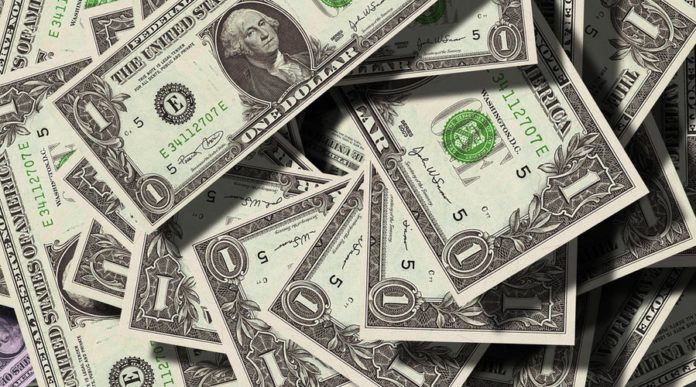Does it feel like your paycheque disappears by the end of the month? With so many bills and expenses, it can be tough to feel like you’re getting ahead. If you sometime struggle to pay the bills, it might be because some of your habits are costing you money you can ill-afford.
There’s likely some “fat” in everyone’s budget that could be cut. However, it is often easy to explain this spending away. You might not realise just how much of your paycheque is going towards small luxuries every week until you take a long, hard look at your budget.
To help you get started, here are five bad habits you might want to reduce or cut out altogether.
- Smoking
Smoking has become an increasingly expensive habit. Governments worldwide tax cigarettes to try to curb the number of smokers and help fund health care programs aimed at dealing with the long-term consequences of the addiction.
In fact, a pack-a-day smoker in New Zealand could expect to spend around $10,800 every year! That’s a lot of money that could be used to pay the bills, go into a savings account or pay for healthier indulgences.
And smoking also has hidden costs. Life and funeral insurance premiums are generally higher for smokers, as are premiums for health insurance. Smoking is linked to many health conditions, including asthma and heart disease. If you smoke, you may be spending more on prescriptions or specialist appointments.
- Drinking Alcohol
Whilst there are studies suggesting that moderate drinking could carry some health benefits, it can still be expensive. Trendy bars and clubs often charge a substantial mark-up on beer, wine and cocktails that could be enjoyed at home for a fraction of the price. After work drinks or a night out once a week could quickly add up, particularly if you always seem to be the one picking up the tab.
Drinking is often a social activity, so you may be reluctant to cut it out of your calendar completely. However, there are ways to save while still enjoying a bit of alcohol. Beer and wine are typically less expensive than liquor and cocktails, especially if you limit yourself to just one or two drinks during the night. If you often meet friends for drinks, offer to host a gathering at your home where everyone brings a bottle of wine and some nibbles to share.
- Buying takeaway coffees
Life is busy, and many people rely on cafes to help them not only get a caffeine fix in the mornings, but to do so as quickly as possible. Grabbing a coffee on the way to work, university or as you run errands might be second nature. But it could also be an expensive habit.
If you spend on average $5 for a takeaway coffee five days a week, that’s just $25 a week. It doesn’t sound like much but multiply that over an entire year—that’s $1,300 that could be used elsewhere in your budget. Many coffee lovers drink more than one cup in a single day. They could potentially double or even triple their savings by making coffee at home and bringing it in a thermos (and you can still save by just limiting yourself to just one or two takeaway cups each week).
- Gambling
Whether it’s a casual bet on a rugby match, playing the slots at their local casino, buying lottery tickets or a weekly poker game amongst friends, gambling is a habit that could potentially cost you a lot of money.
As with smoking and drinking, the addictive nature of gambling can make it very expensive. It can be all too easy to bet big on things like sport matches, especially if you’re sure your team can’t lose. And if you do win big, it’s often tempting to roll the funds over into another bet. In these situations, it may help to remember that gambling rarely pays in the long-run. Even professional gamblers can struggle to make a living from it, because the odds are rigged so that the “house” almost always wins. It may be smarter to stick with just one small bet or skip gambling altogether.
- Eating Out Regularly
When you dine out or order delivery, you’re not just paying for the cost of the food. You’re also paying your share of the restaurant’s expenses, including labour for kitchen staff, managers, waiters and delivery drivers. There’s also built in costs for overhead—everything from rent to plates and cutlery. The restaurant needs to make a profit, after all!
In many cases, you can make the same food at home for considerably less money. Even those with busy schedules may have an hour or two on the weekend that could be used for grocery shopping and meal prep. Even if you cut out just one or two takeaway meals each week, the savings could add up.
And don’t forget about fast food! Even though the meals may be cheaper than a restaurant’s, that’s still money being spent a few times a week that could go towards other expenses. Bringing lunches from home could help you save money in this area.
Take a look at your budget and see if any of the above habits is holding you back. Reducing how much you spend in just one category—or cutting it out completely—could equal big savings over time. That could mean stressing less over whether your paycheque will last the month, more money in savings or extra dough to spend on your next holiday!






















